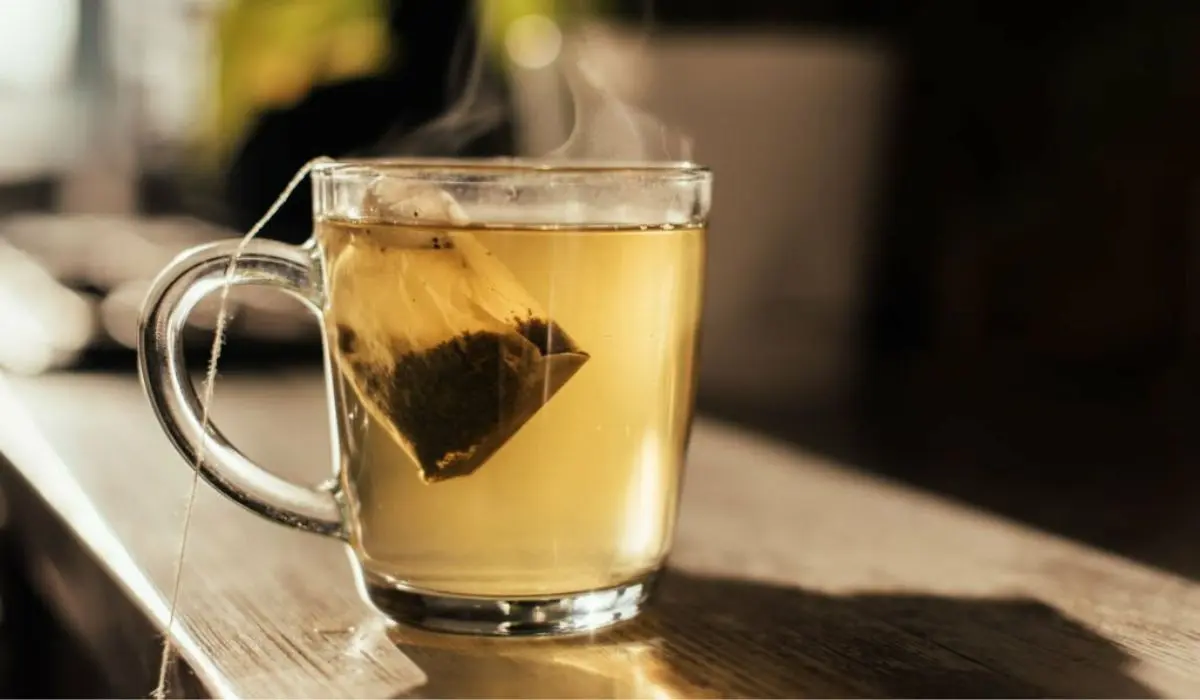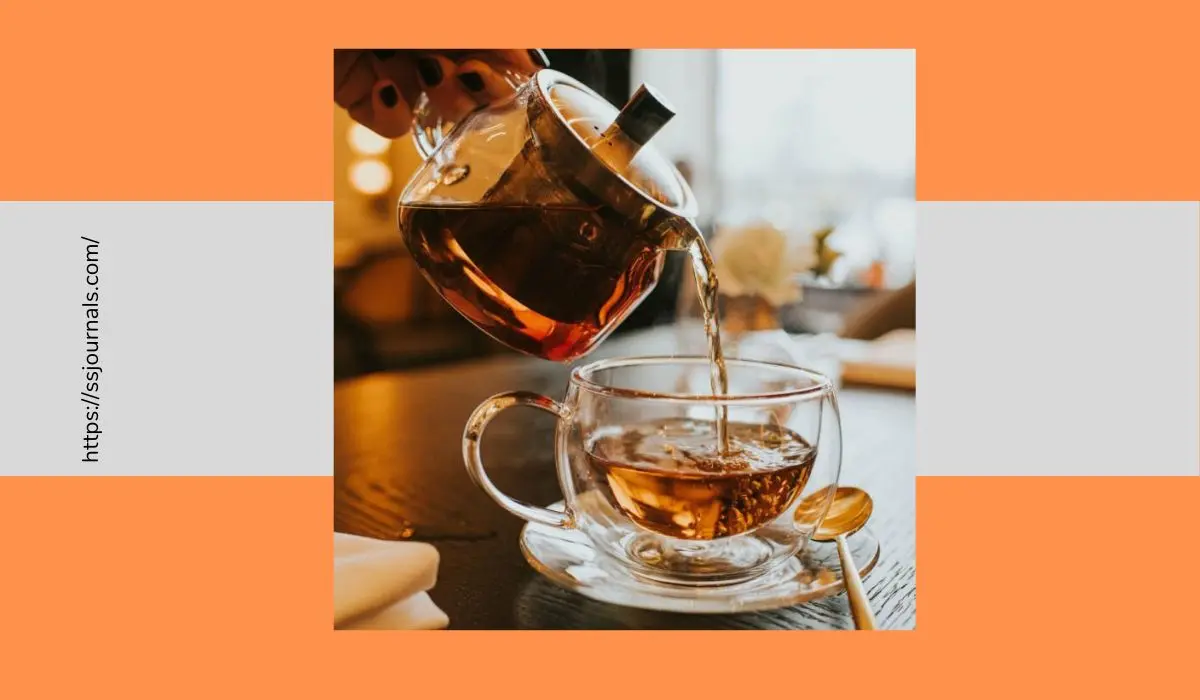Bloating is a common issue that can make your stomach feel swollen, puffy, and generally uncomfortable. While there are various medical conditions that can cause bloating, lifestyle factors like diet, fluid intake, and digestive health often play a role. The good news is there are many teas that can help reduce or prevent bloating when consumed regularly.
Certain herbal teas contain compounds that help relax gastrointestinal muscles, reduce inflammation, and aid digestion, making them useful in defeating bloat. Even simple teas like green tea can have diuretic effects to flush out excess water retention. Drinking teas regularly may help relieve pressure and shrink that bloated belly.
Read on for more about how different teas can combat bloating through their effects on digestion, hydration, and bodily inflammation.
Best Teas For Beating Bloating

Peppermint
Peppermint tea contains menthol, which helps calm muscles in the digestive tract. This can reduce spasms and gas that lead to bloating.
Ginger
Ginger tea can aid digestion and has an anti-inflammatory effect that helps reduce bloat. It helps expel excess gas from the gastrointestinal tract.
Dandelion
Dandelion tea acts as a natural diuretic, helping the body flush out excess water and salt to reduce water retention and abdominal bloating.
Green
Unsweetened green tea has antioxidants that reduce inflammation. Its mild diuretic effect helps reduce water weight gain that contributes to bloating.
Fennel
Fennel tea has antispasmodic and anti-inflammatory effects that can help relax digestive muscles and reduce bloat-inducing inflammation.
Chamomile
Chamomile tea has antispasmodic properties that help relax the GI tract. This assists with digestion and gas reduction to relieve pressure.
Turmeric
Turmeric tea has curcumin that reduces inflammation in the body. Less inflammation leads to less bloating of the abdomen.
Lemon Water
This detoxifying beverage boosts the liver’s natural detoxification processes while the lemon juice’s acids stimulate bile production for better digestion and less bloating.
To maximize bloat reduction, avoid adding sugar, milk, or cream to these teas. The simplest preparation – hot water steeped with herbal tea bags – will be the most effective for decreasing abdominal swelling and distension quickly.
Conclusion
Tea can be an excellent natural remedy for relieving bloating and the discomfort that comes with it. The catechins, menthol, gingerol, and other active compounds found in herbal and green teas work together to relax digestive muscles, improve digestion, reduce inflammation, and flush out excess water retention.
To maximize bloat reduction, opt for unprocessed, unsweetened varieties and aim for at least 2-3 cups per day. Drinking your anti-bloating tea first thing in the morning and before meals provides the best results. Along with a healthy diet and lifestyle, a consistent tea regimen can help trim excess belly bloat.
FAQs
Peppermint and ginger teas are most effective for reducing abdominal bloating. Peppermint reduces muscle spasms while ginger aids digestion, which relieves pressure and discomfort from trapped gas.
Yes, green tea can aid digestion and help the body expel intestinal gas, thanks to its antioxidants and mild diuretic effects. Drinking green tea regularly can reduce gas and associated bloating.
Yes, lemon tea can be great for bloating. Lemon acts as a mild, natural diuretic to flush out excess water. The acidity also stimulates bile production which helps digestion and reduces bloat-inducing gas.
Drink your anti-bloating tea first thing in the morning and about 30 minutes before meals. This timing maximizes the tea’s beneficial effects on digestion and water retention before eating.
Yes, chamomile tea contains antispasmodic compounds that help relax your GI tract muscles. This allows trapped gas to pass more easily, reducing abdominal pressure and bloating.

